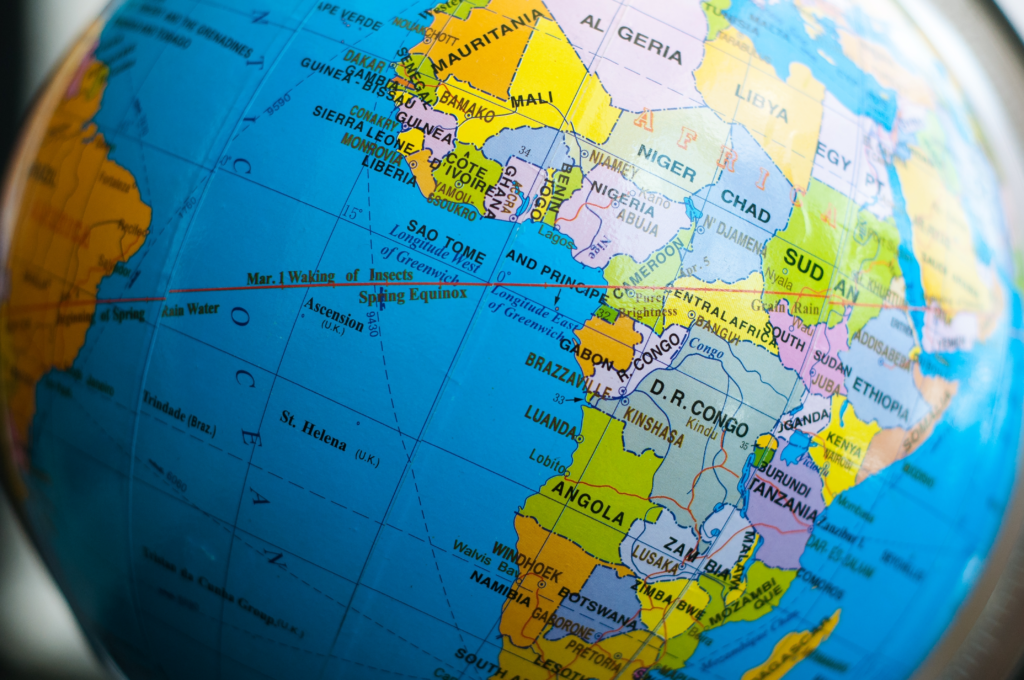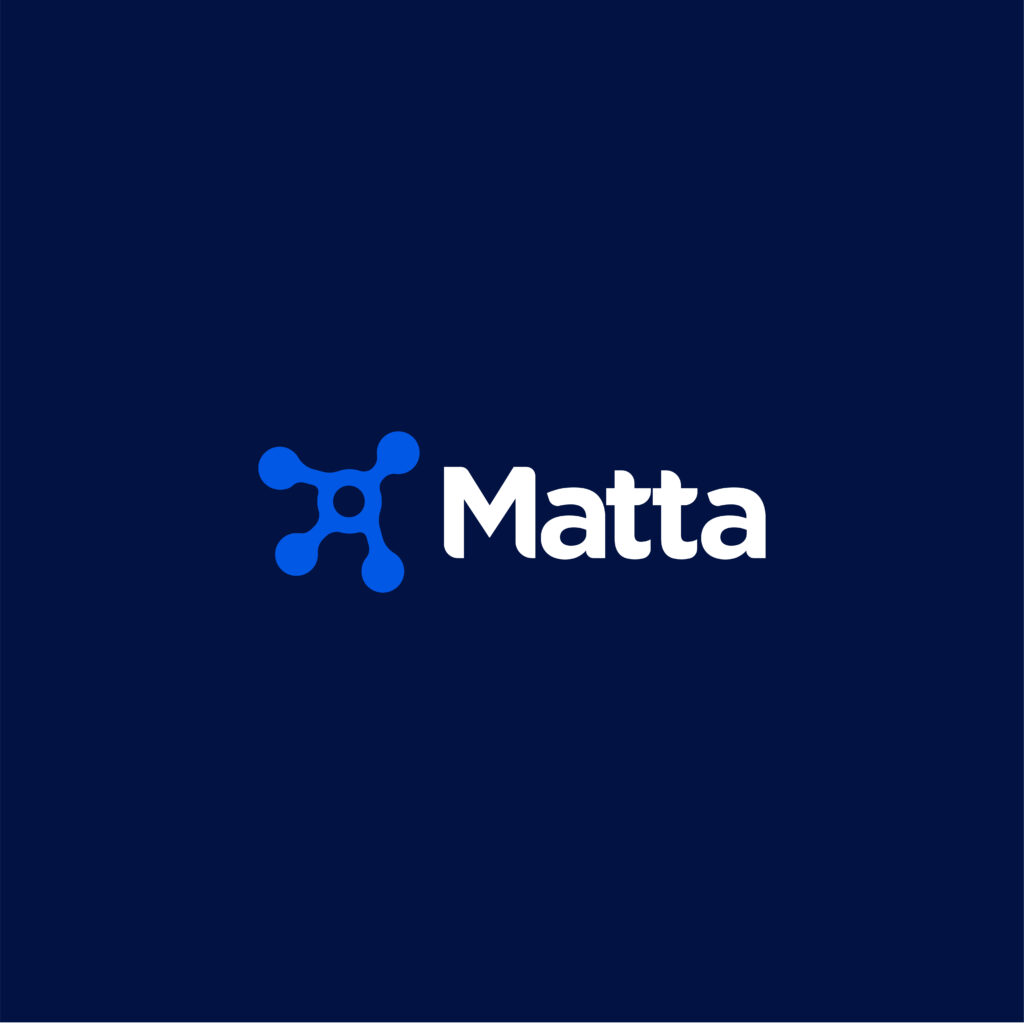Gold has fascinated humans for generations, and its value has stood the test of time across civilisations. Yet, behind every gold bar, coin, or piece of jewellery lies a complex, often unseen global gold value chain. From mining and processing to refining, crafting, and distribution, each step adds value and involves various stakeholders.
With about 40% of the world’s gold reserves, Africa has a unique opportunity to capitalise on this value chain. When optimised, this value chain holds immense potential for economic growth.
Let’s briefly examine the gold value chain and highlight ways Africa can improve its share in the global gold value chain.
Read Also: Exploring the global palm oil value chain
Exploring the Gold Value Chain

Gold mining is a multi-step process involving locating deposits, extracting gold, and refining it. The method chosen depends on the gold’s location, depth, and concentration.
The gold production process comprises four key stages: exploration, mining, extraction, and refining.
Exploration
Before mining begins, geologists identify gold-rich areas using satellite imaging, rock sampling, and drilling tools.
Mining
Gold can be extracted through different mining techniques:
- Placer Mining: This method is used when gold is found in riverbeds or alluvial deposits. Miners use pans, sluice boxes, or dredging machines to separate gold from sand and gravel.
- Hard Rock Mining: When gold is embedded in rock formations, two approaches are used:
- Open-pit mining: Large surface pits are dug to extract ore.
- Underground mining: Tunnels and shafts access deeper deposits.
Gold Extraction
After mining, the ore undergoes the following processes to extract gold:
- Crushing & Grinding: The ore is broken into fine particles to free the gold.
- Cyanide Leaching: A cyanide solution dissolves the gold, which is then collected.
- Carbon-in-Pulp (CIP) / Carbon-in-Leach (CIL): Gold is absorbed onto activated carbon and later recovered.
- Smelting: The purified gold is heated and moulded into bars or ingots.
Gold Refining and Purification
To achieve maximum purity, gold undergoes refining, often using electrolysis, which removes any remaining impurities and produces gold that is 99.99% pure.
Once refined, gold enters global trading networks through:
- Bullion banks (i.e. Financial institutions that trade physical gold and gold derivatives),
- Specialised traders (i.e. Companies that facilitate the trade of precious metals) or
- Commodities exchanges (i.e. Formal marketplaces like COMEX and the London Bullion Market)
What are the End Uses of Gold?

Gold is one of the most versatile and valuable materials on the global market. Its exceptional conductivity, corrosion resistance, and malleability make it indispensable across numerous industries.
In manufacturing, gold is extracted from ore through smelting and electrolysis, yielding high-purity metal for industrial and commercial applications. Depending on its intended use, it is processed into various forms, such as bars, wires, thin films, and nanoparticles.
Gold’s applications extend well beyond jewellery and investment, particularly in high-tech industries. Its excellent conductivity and resistance to corrosion make it a crucial element in electronics, where it enhances the reliability of circuit boards, connectors, and semiconductors.
As a result, it is an essential material in smartphones, computers, and advanced medical devices.
In aerospace, gold-coated components are critical in thermal management and radiation shielding. Meanwhile, gold nanoparticles are at the forefront of targeted drug delivery systems and cutting-edge diagnostic technologies in the pharmaceutical industry.
Beyond these applications, gold plays a growing role in renewable energy, improving the efficiency of solar panels. It is also utilised in high-performance glass coatings, luxury design elements, and advanced nanotechnology.
Gold continues to drive innovation as an invaluable resource, with B2B trading platforms like Matta ensuring seamless access to high-quality gold for a wide range of manufacturing needs.
Read Also: How can Africa replicate South Korea’s Rapid Economic Growth?
How can Africa improve its share in the Global Gold Value Chain?

Africa holds vast gold reserves, presenting a unique opportunity for economic growth. However, the continent must prioritise local processing, innovation, and strategic collaboration to maximise value.
Let’s take a closer look at some of these steps;
Boosting Local Refining & Processing
By refining gold locally instead of exporting raw materials, Africa can capture more value, create skilled jobs, and develop specialised processing hubs.
Leveraging Digital Innovation
By embracing digitisation, African countries can enhance transparency and help producers meet global standards. Digitization can also streamline processes, improve competitiveness, and help African producers access new markets.
Unlocking Investment & Financing
African gold producers need tailored financial solutions to scale production and refining methods. At Matta, we provide trade financing solutions that help improve trade efficiency across Africa.
Driving Regional Collaboration
Africa has at least 17 gold-producing countries. The continent can leverage collaboration amongst regions to operate regional gold quality and sourcing standards. This is one of the many ways to drive regional gold value chains.
Some similar initiatives that Africa can learn from include;
- The Andean Community Gold Initiative from South America
- The Nordic Gold Processing Hub in Europe, or
- Similarly, in Asia, the Association of Southeast Asian Nations created a regional standard.
Cross-border initiatives can accelerate innovation and strengthen Africa’s presence in the global gold market. A united approach to ethical gold production will enhance market perception and drive higher returns.
Read Also: Africa can learn from Côte d’Ivoire’s agro-commodities success.
Buy African Minerals and Commodities Online with Matta

Matta connects diverse stakeholders through a transparent digital marketplace with embedded services. By bringing together verified suppliers of various sizes across multiple African countries, Matta creates a single access point for the responsible sourcing of Commodities, Raw materials, Ingredients, and Chemicals (CRIC).
Matta’s b2b marketplace is revolutionising how African commodities like gold reach global markets. We connect stakeholders within the ecosystem to benefit buyers, suppliers, and local economies.
- We provide buyers access to diverse, credible supply options, streamlining due diligence.
- We provide producers and suppliers with direction and market linkages that maximise value retention.
- Lastly, we benefit local economies by supporting the addition of enhanced value within West Africa.
Matta is closing the gaps in Africa’s gold value chain. We are eliminating fragmentation, enhancing transparency, and expanding global access. We connect trusted suppliers with verified buyers, backed by a robust vetting system.
The gold trade doesn’t have to be complex.
Join Matta and be part of a smarter, unified gold marketplace.
